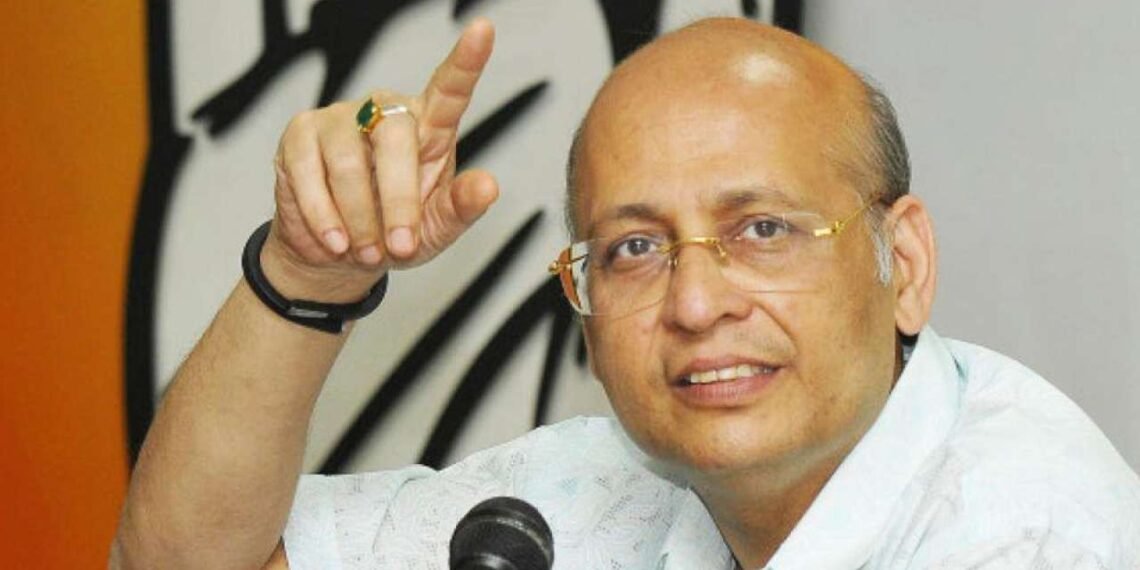A bundle of currency notes found on Congress MP Abhishek Manu Singhvi’s seat in Rajya Sabha has sparked a fierce debate over security measures for MPs. As allegations fly and investigations begin, questions about fairness and accountability in Parliament take center stage.
BY PC Bureau
The discovery of a bundle of currency notes on the seat allotted to Congress MP Abhishek Manu Singhvi in the Rajya Sabha has ignited a heated debate over security protocols in Parliament. Should MPs be subjected to frisking or made to pass through scanners like other individuals entering the premises?
This unprecedented incident, which Singhvi has denied any connection to, raises serious questions. Singhvi dismissed the allegations, stating, “I carry only ₹500 when I go to Rajya Sabha. Yesterday, I spent just three minutes in the House before heading to the canteen.” He termed the situation “bizarre” and criticized any attempt to politicize the issue.
The cash was discovered during an anti-sabotage check after the House adjourned, according to Vice President and Rajya Sabha Chairman Jagdeep Dhankhar. He confirmed that the bundle was found on Seat 222, allotted to Singhvi, and ordered a high-level probe. While Congress leader Mallikarjun Kharge welcomed the investigation, he expressed displeasure over Singhvi being named publicly before the probe concluded.
The incident caused an uproar, with BJP leaders calling for accountability and the Opposition labeling it a conspiracy. Singhvi provided a detailed timeline of his activities, asserting his innocence.
Today, it is currency notes; tomorrow, it could be something far more alarming. This incident has reignited discussions about the need for stricter security measures for MPs. While many parliamentarians may resist such proposals, fairness demands that no one entering Parliament be exempt from security checks. Enhanced protocols are necessary to safeguard the sanctity and integrity of the nation’s highest legislative body.














